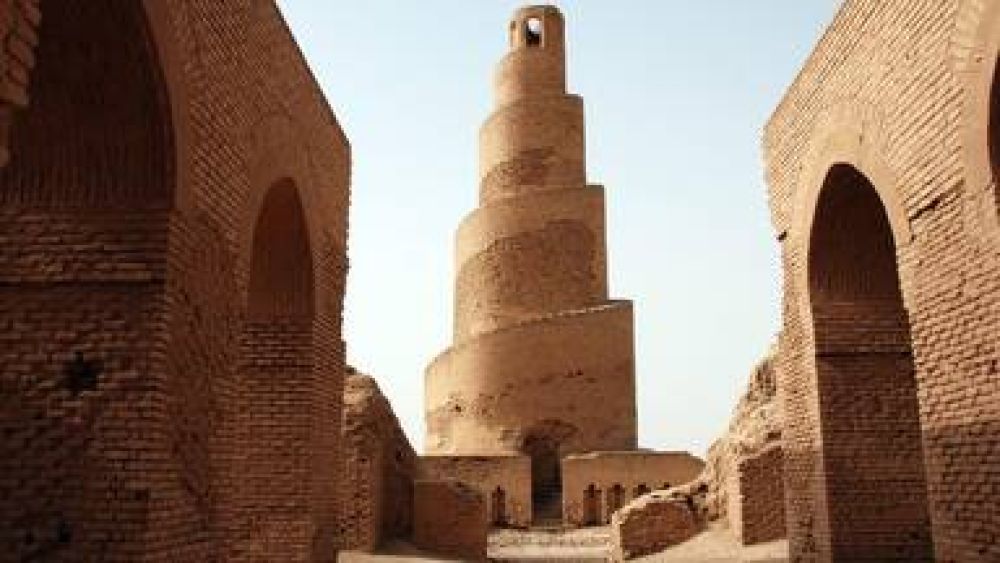

The city of Bethlehem, located in the heart of the Palestinian territories, has long been a focal point for religious tourism, particularly for Christians, due to its significance as the birthplace of Jesus Christ. This rich history of pilgrimage dates back to the 4th century CE with the construction of the Church of the Nativity. As a result, Bethlehem has developed a strong tradition of welcoming visitors from around the world, thereby ingraining tourism deeply into its cultural fabric.
The Palestinian Heritage Center was established to showcase and preserve Palestine's cultural heritage. Founded by Maha Saca in 1991, the center has become a crucial institution for exhibiting traditional Palestinian arts and crafts. It serves not only as a museum but also as a community hub where artisans can practice and pass on their crafts to future generations, thus keeping the traditions alive.
Throughout history, Bethlehem has always been a popular destination for tourists seeking a connection with the religious and historical aspects of the region. The influx of pilgrims and visitors has fostered a vibrant tourism industry, encompassing not just religious sites but also markets, restaurants, and cultural centers that offer a taste of Palestinian life and hospitality.
Over time, tourism has expanded beyond traditional pilgrimage. Now, it encompasses cultural tourism, solidarity tourism, and even political tourism, with visitors coming to understand the Palestinian cause and experience life under occupation. This has brought to light different narratives and stories that connect visitors with the local community in meaningful ways.
In recent years, the concept of sustainable and responsible tourism has gained momentum. Travelers are increasingly looking for authentic experiences that contribute positively to the local economy and minimize their ecological footprint. Bethlehem and centers like the Palestinian Heritage Center are tapping into this trend by offering experiences that allow visitors to engage directly with heritage and community, such as traditional embroidery workshops, cultural events, and educational programs.
Another emerging trend is digital tourism. The Palestinian Heritage Center, along with other attractions in Bethlehem, has had to adapt to the changing landscape by offering virtual tours and online showcases of their exhibits, allowing people from around the globe to explore Palestinian culture and heritage remotely, especially during times when travel is restricted.
Visitors to the Palestinian Heritage Center can expect to find an array of handcrafted goods, including traditional dresses, hand-woven textiles, and a variety of artworks that reflect the rich Palestinian culture. The center not only sells these items but also educates its visitors on the significance and stories behind them.
Tourist support and involvement are crucial for the survival and thriving of such heritage centers. As visitors engage with the center's offerings, not only do they take away with them a piece of Palestine's story, but they also contribute to the empowerment of local artisans and the preservation of cultural identity.